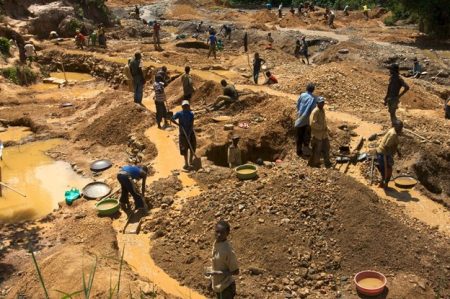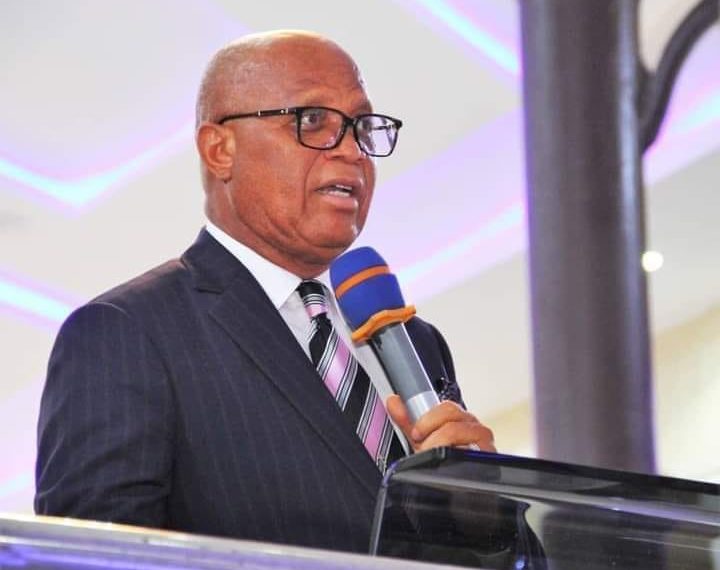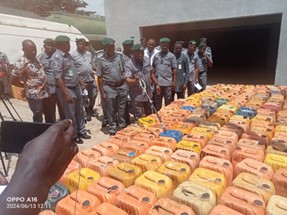 Oscarline Onwuemenyi
Oscarline Onwuemenyi
16 March 2012, Sweetcrude, ABUJA – Representatives and Chief Executive Officers (CEOs) of Independent Power Producers (IPPs) in Nigeria have complained that the cumbersome processes of assessing various financial packages for investments in power generation from the World Bank may affect the signing of Power Purchase Agreements.
The IPPs which met with the management of the Nigerian Electricity Regulatory Commission (NERC) in Abuja criticised what they described as organisational delay in securing risk guarantee and gas supply agreement which are vital to the completion and execution of projects initiated by them.
Representatives of over 60 licensed IPPs told the Chairman of NERC, Dr. Sam Amadi who convened a fact-finding meeting with them, that the process of assessing and utilising the Partial Risk Guarantee (PRG), a form of financial comfort secured by the Federal Government from the World Bank to encourage investments in the power sector, will take an average of two years.
According to them, the time consuming processes involved in securing the PRG will in effect delay the signing of Power Purchase Agreements (PPAs) and ultimately, the completion of power projects they had initiated.
Specifically, the Executive Director of Supertek Nigeria, Mr. Ray Oguego and Chief Technical Adviser of Geometric Power, Mr. Ben Caven stated that the IPPs are consistently faced with the challenges of gas supply and bureaucratic bottleneck in securing PRG from the World Bank.
Urging the Federal Government to find a creative alternative to the PRG, Caven disclosed that Geometric may fire its first turbine of about 45 megawatts (MW) by the first week of August, adding that initial hitches on the project owing to financial challenges has been sorted out and work resumed at the project site.
Responding, Amadi asked the IPPs to open up on their challenges considering their shared fate in the power sector. He noted that the Commission was interested in their success as regards increase in power generation.
“A potential 13,000 megawatts is locked up for as long as the IPPs delay in realising the economic values of their licences and the Commission cannot lay claims to having absolute knowledge of the solutions to the power sector problems.
If you have problems you should say so. If you think any part of this model is not working, you should let us know. You can be free with the regulator. You can be sure of our credibility. You can trust us that we have good fate in resolving the challenges facing us,” Amadi said.
He added that, “This is the time for us to have feedback. The quality of decision is determined by the quality of inputs. If you fail, the Commission will be the primary loser, this is besides the fact that we are all Nigerians and we need electricity.”



